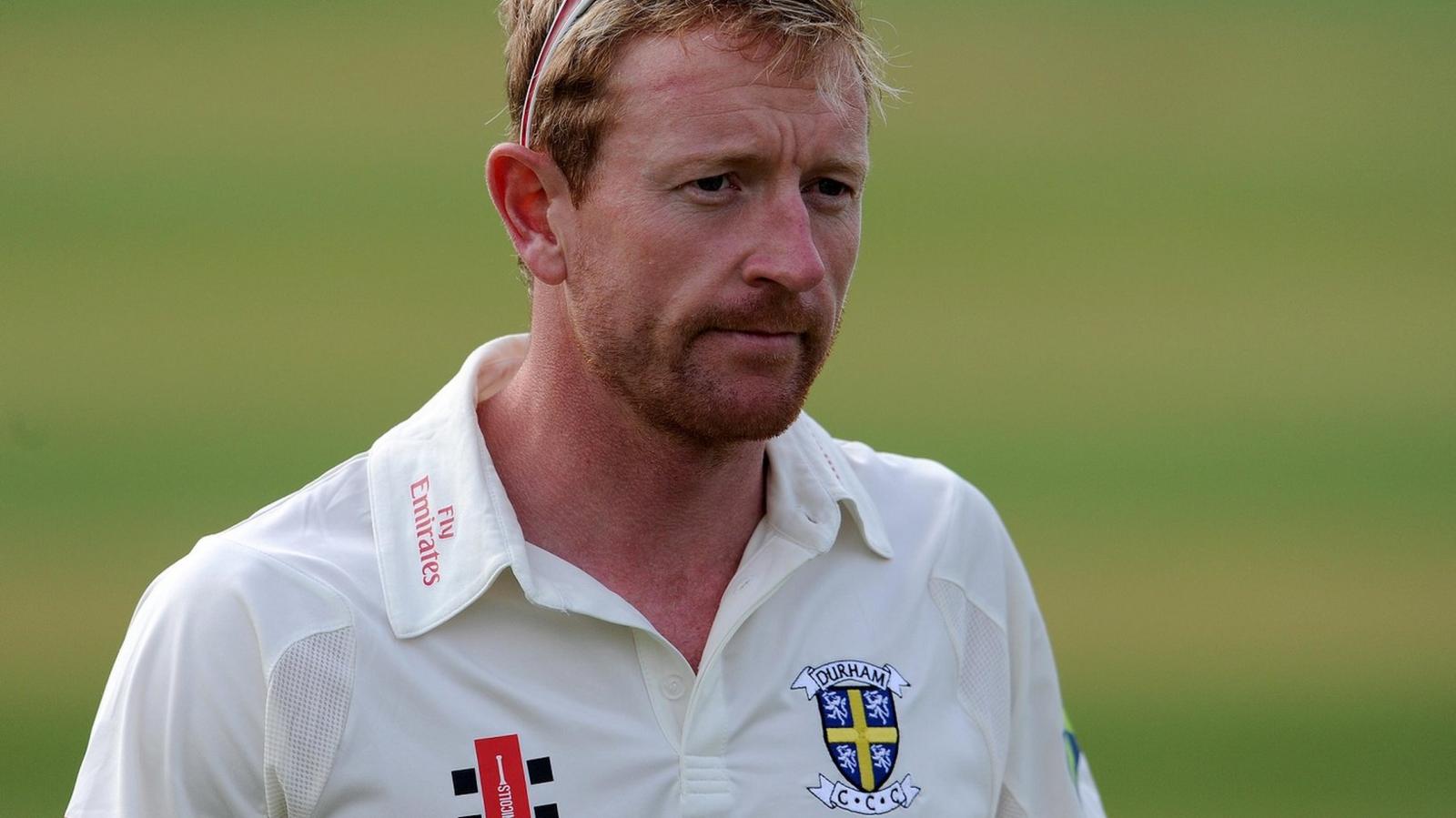Durham's ECB sanctions a 'significant deterrent' - Tom Harrison
- Published
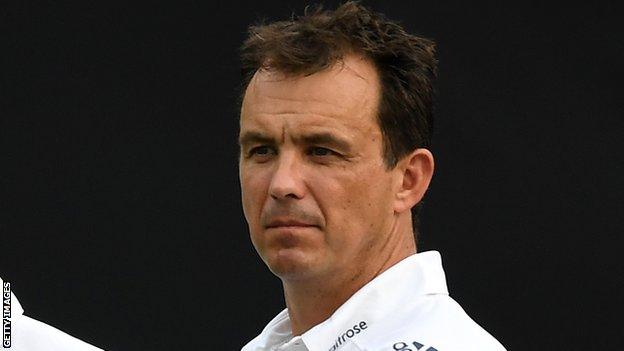
Tom Harrison says the ECB's priority was to "safeguard" professional cricket in the north east of England
Durham's penalties for taking financial aid from the England and Wales Cricket Board are a "deterrent" to other counties in a similar situation, says ECB chief executive Tom Harrison.
The bailout totalled £3.8m, funds that ensured the county was able to manage debts.
Among the sanctions were relegation to Division Two, and points deductions across all three formats of the game.
"We have to send a message about precedent," Harrison told BBC TMS.
"It's not something that's going to be an attractive solution to counties in that position. It's not the ECB's job to be a lender."
Durham County Council has approved the conversion of £3.74m of debts to shares under the new board structure approved by the governing body.
Jon Lewis' side finished fourth in the County Championship Division One in 2016, well clear of the drop, before their imposed demotion and 48-point penalty for 2017 was confirmed.
It means players such as opener Keaton Jennings - the leading run-scorer throughout the Championship and who signed a new contract late in the season - will be playing outside the top tier.
"It's harsh in terms of penalties on players for next year, but it's a significant deterrent to any counties finding themselves in that situation," Harrison added.
"Durham could be, in 12 months' time, off and running with no debt, new management and board and released from special conditions."
Rapid growth
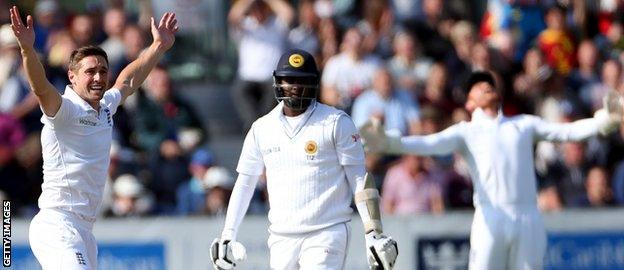
England played the second Test against Sri Lanka at the Riverside in May
As the youngest first-class county in the Championship, Durham have enjoyed a rapid rise from their entry in 1992 to three championships in five years - the last of which came in 2013.
In addition to trophies, the Chester-le-Street-based club has produced England players such as Paul Collingwood, Steve Harmison, Graham Onions and most recently Ben Stokes and Mark Wood.
With some grant aid from the ECB, and as a condition of their membership of the first-class set-up, Durham were required to bring their Riverside home up to Test standard.
Since their maiden Test against Zimbabwe in 2003, the venue has staged six further England matches, including an Ashes Test.
However, that status has been revoked under the terms of the deal with the ECB, despite frustrations that their involvement in staging Tests led to some of the financial problems.
"The way international matches were allocated was a bidding structure, nobody was forced to bid a certain amount and nobody had to stage Tests," Harrison said.
"You have to understand what your revenue is and what your costs are, and if they get out of whack it ends up hitting the wall at some stage.
"The ECB had to step in to make sure that did not happen in May or June of this year, it absolutely was going to happen if we'd not stepped in."
- Published19 October 2016
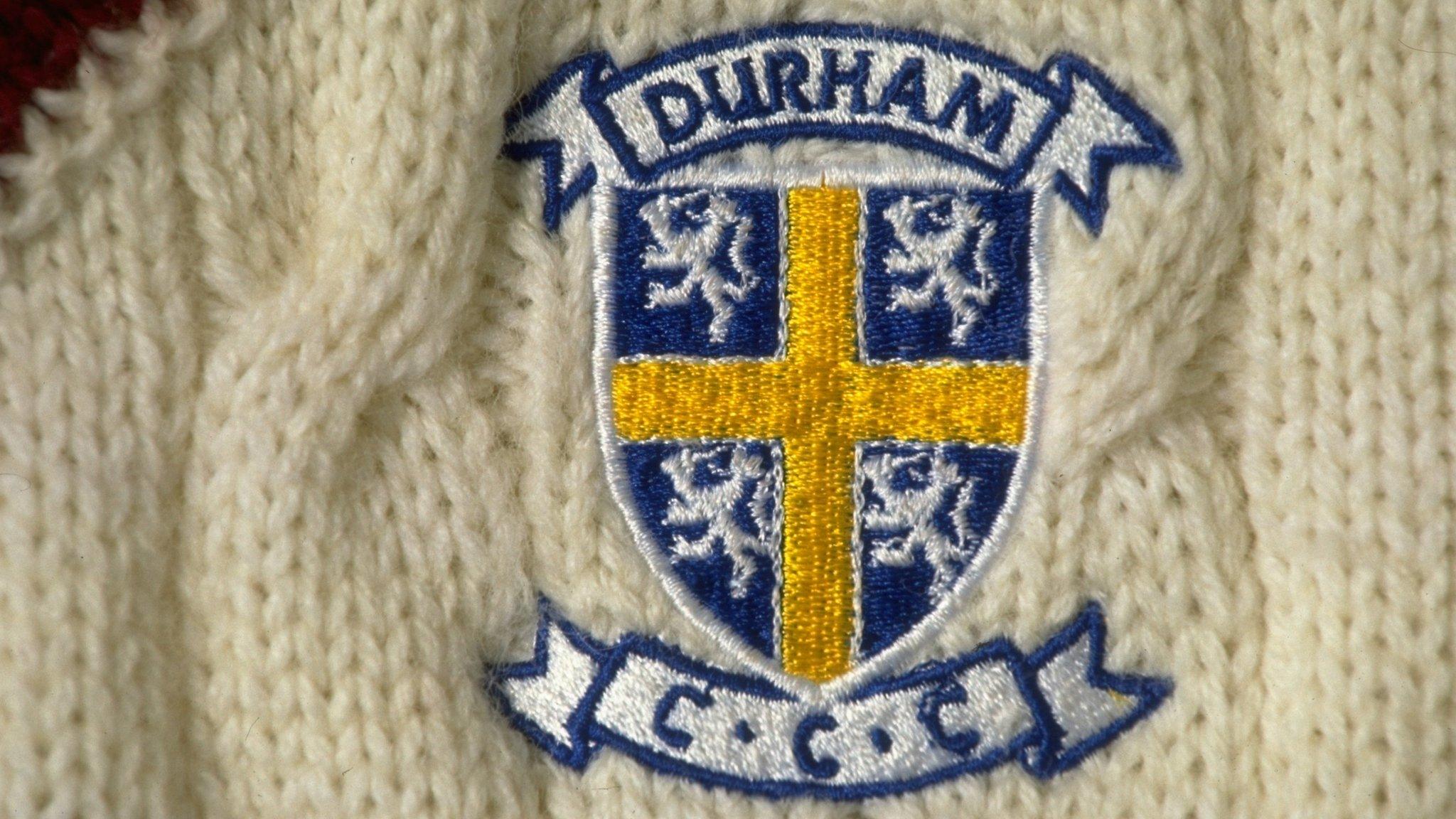
- Published5 October 2016
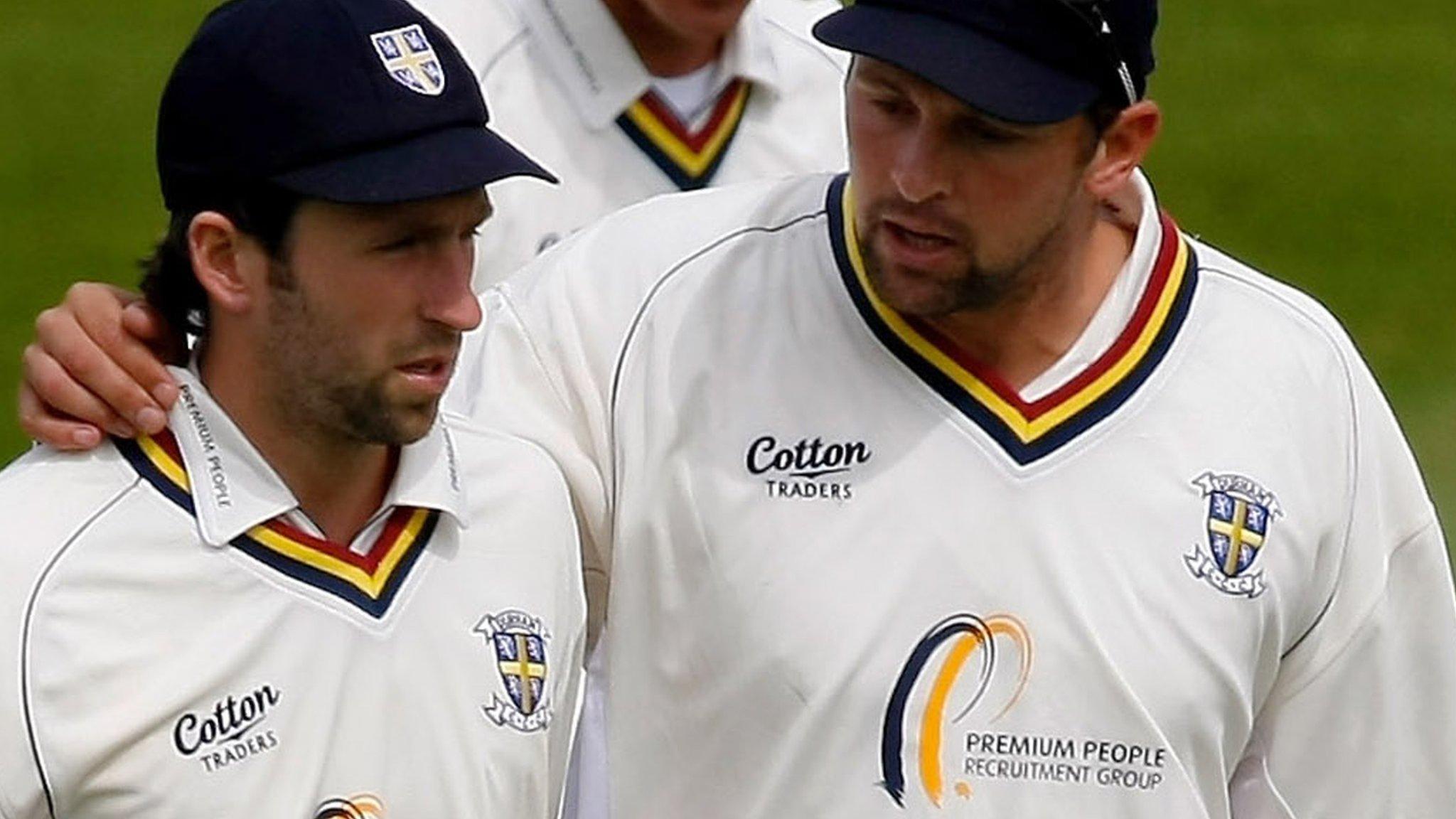
- Published3 October 2016
